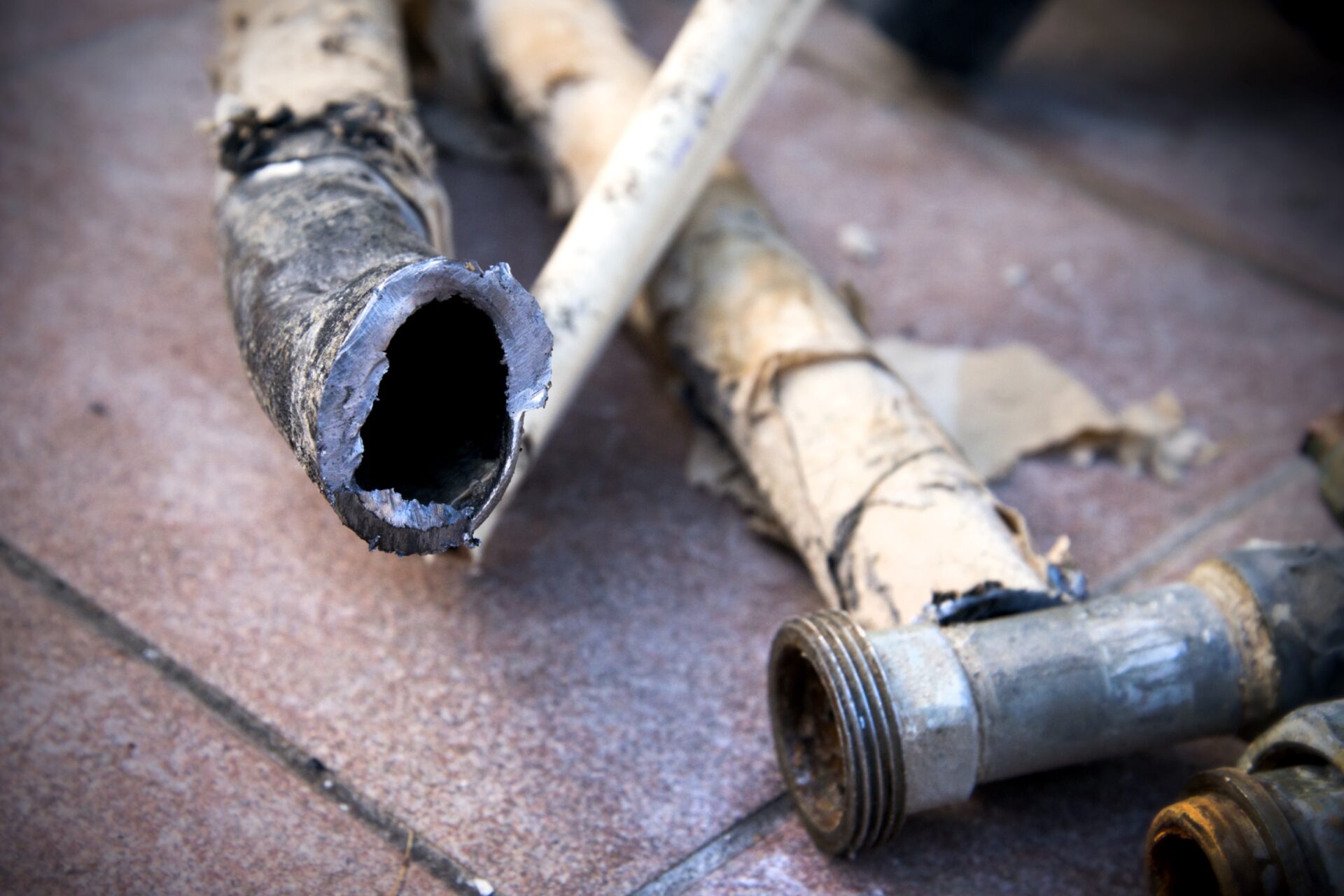
November 30, 2023
EPA Proposes $45 Billion Overhaul To Remove Lead Pipes From U.S. Water Utilities To Protect Children
Water utilities companies would be given 10 years to make the necessary adjustments.
The Environmental Protection Agency (EPA) is proposing a potential complete overhaul of the nation’s water utilities system that would call for the removal of all lead pipes in order to protect children. The changes would carry a price tag of $45 billion, according to an article in The Washington Post.
The new regulations would require companies to dig up existing lead piping in an effort to reduce the lasting effects of toxic chemicals leaking into the water supply. Lead has been known to cause significant health issues, including cognitive damage in young children. Currently, 9 million lead pipes remain in the U.S. and the government has never made it mandatory for them to be removed.
“This is a public health concern that has unfortunately spanned generations and an issue that has disproportionately affected low-income communities,” EPA Administrator Michael Regan said during a call with reporters on Nov. 29. “Our proposed improvements are a major advancement.”
Water utilities companies would be given 10 years to make the necessary adjustments, with a percentage of the work required to be done annually. The proposed rule would not allow companies to make partial replacements, in which they only make changes to the portion of pipes they own despite high levels of lead leaking into the water of nearby homes. The changes would echo the promise of President Joe Biden, who made a declaration to remove every lead pipe by 2031.
“We’re replacing every single, solitary lead pipe in America. Hear me?” the president said during a White House event this summer.
Though environmental advocates are praising the Biden administration’s commitment to rectifying the ongoing lead pipe issue, it is unclear where the funds will come from to pay for such an undertaking.
The drinking water industry believes changes of this magnitude will cost an estimated $65 billion, a number significantly larger than what the infrastructure law has set aside. The neighborhoods that will face greater hurdles to a complete overhaul are those with a large number of older schools and homes, predominately those in Black and brown communities.
RELATED CONTENT: Another Michigan City Has Been Dealing With Lead In Their Water For Three Years